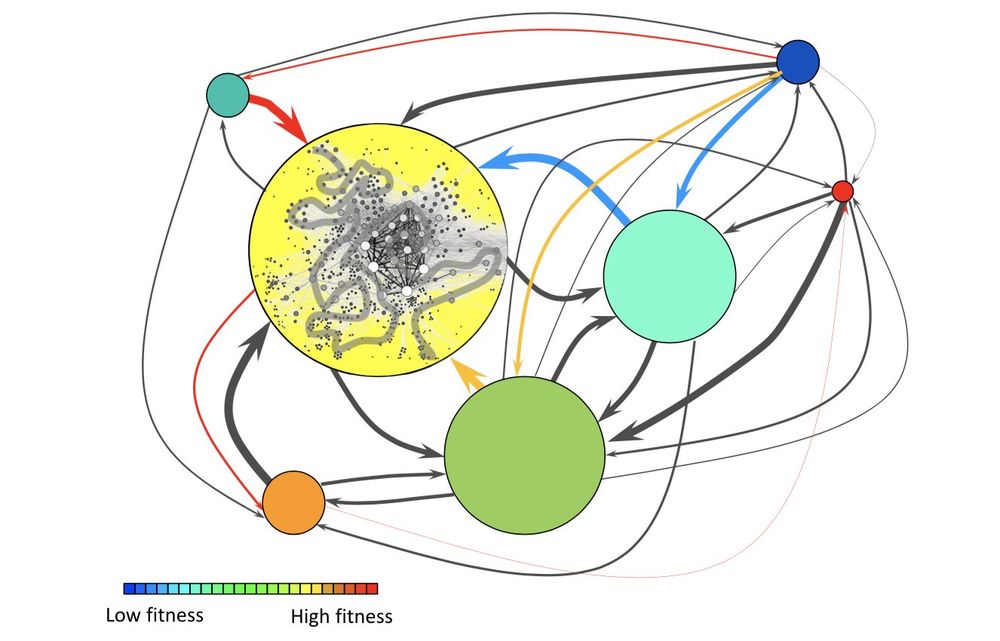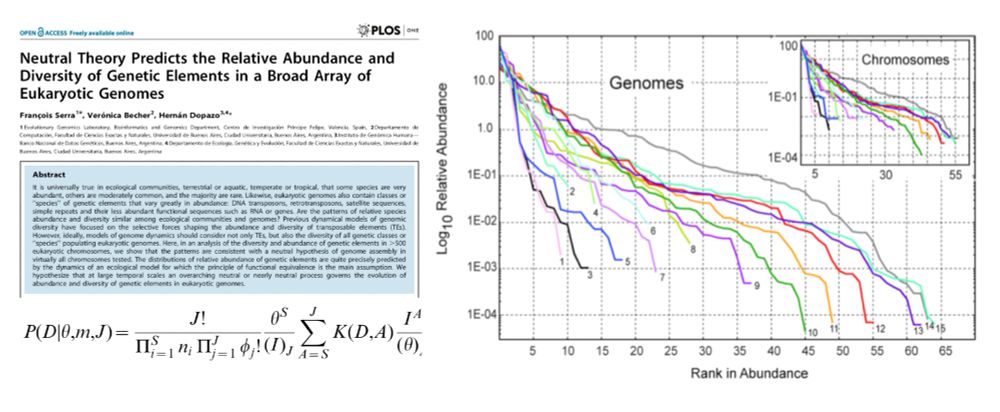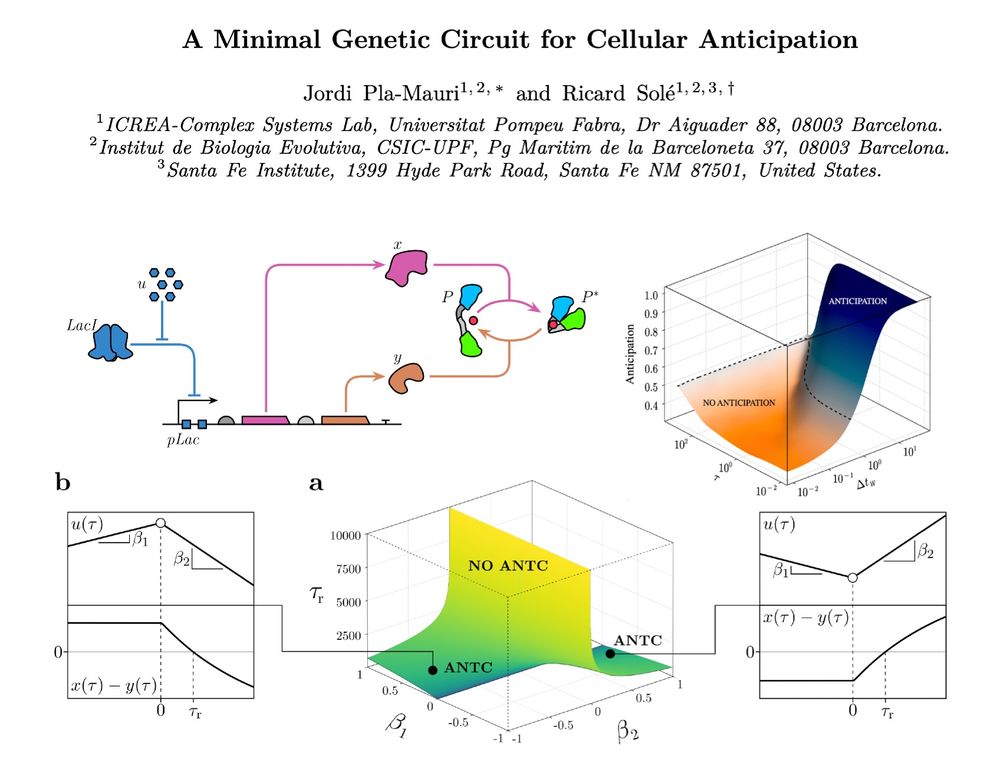jordiplam.com
@jordiplam.bsky.social shows how it follows a least action principle,letting physics do the job arxiv.org/pdf/2511.08531
@drmichaellevin.bsky.social @docteur-drey.bsky.social

@jordiplam.bsky.social shows how it follows a least action principle,letting physics do the job arxiv.org/pdf/2511.08531
@drmichaellevin.bsky.social @docteur-drey.bsky.social
www.pnas.org/doi/10.1073/...
Sadly, the Editors at PNAS rejected our initial introduction, which was a David Attenborough style voice over of the microbial Serengeti (included below)

www.pnas.org/doi/10.1073/...
Sadly, the Editors at PNAS rejected our initial introduction, which was a David Attenborough style voice over of the microbial Serengeti (included below)
/Cognition as least action: the Physarum Lagrangian/
Ricard Solé, Jordi Pla-Mauri

/Cognition as least action: the Physarum Lagrangian/
Ricard Solé, Jordi Pla-Mauri
@jordiplam.bsky.social

@jordiplam.bsky.social
Long-term climate warming substantially reduces global soil microbial richness
www.cell.com/one-earth/ab...
@irnase.bsky.social @csicandalextrem.bsky.social @csic.es
w/ Pengfei Dang, Ji Chen, @eisenhauerlab.bsky.social , @tedersoo.bsky.social and +!

Long-term climate warming substantially reduces global soil microbial richness
www.cell.com/one-earth/ab...
@irnase.bsky.social @csicandalextrem.bsky.social @csic.es
w/ Pengfei Dang, Ji Chen, @eisenhauerlab.bsky.social , @tedersoo.bsky.social and +!

Featuring parallel TCP input, among numerous other significant improvements and fixes.
www.undeadly.org/cgi?action=a...
Changelog: www.openbsd.org/plus78.html

Featuring parallel TCP input, among numerous other significant improvements and fixes.
www.undeadly.org/cgi?action=a...
Changelog: www.openbsd.org/plus78.html
@rkoszul.bsky.social www.nature.com/articles/s41...

@rkoszul.bsky.social www.nature.com/articles/s41...
Here we propose a model where a silencing complex, PIWI*, assembles on target RNAs to recruit effectors and shut down transposon activity.
Huge thanks to the Brennecke and Plaschka labs, especially Julius and Clemens, and all co-authors!
But how does piRNA-guided target interaction translate into silencing?
PhD student Júlia Portell Montserrat has an intriguing answer
www.cell.com/molecular-ce...

Here we propose a model where a silencing complex, PIWI*, assembles on target RNAs to recruit effectors and shut down transposon activity.
Huge thanks to the Brennecke and Plaschka labs, especially Julius and Clemens, and all co-authors!



1. Phase separation controls frequency and amplitude of oscillations
2. If reactions are fast, spirals of droplets emerge!
arxiv.org/abs/2507.16030
1. Phase separation controls frequency and amplitude of oscillations
2. If reactions are fast, spirals of droplets emerge!
arxiv.org/abs/2507.16030
In our new paper, we tackled this question using theory, simulations, bioinformatics, and experiments!
👇 Check out all the details in Paula’s thread!
Hint: 🐇 (most of the time)
In our new paper, we tackled this question using theory, simulations, bioinformatics, and experiments!
👇 Check out all the details in Paula’s thread!
Hint: 🐇 (most of the time)







